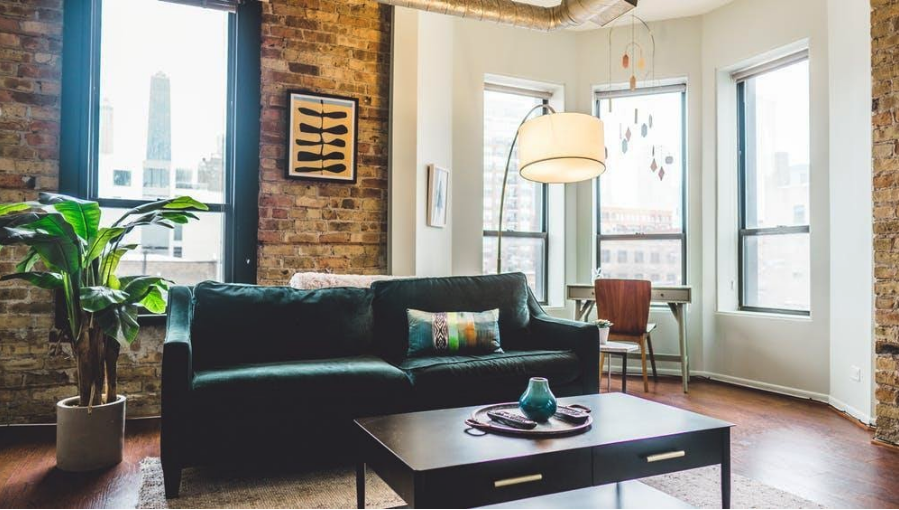

6 Ways to Prepare to Live on Your Own
If you’ve never lived on your own before, preparing to do so can bring up a whole host of complicated emotions. You might be excited at the prospect of being independent for the first time, but by the same token, you might also be a little nervous, scared, and overwhelmed.
That’s all perfectly understandable — but you don’t have to worry. Preparing to live on your own, while a huge undertaking, doesn’t have to be so overwhelming as long as you make the effort to properly prepare yourself. You’ll definitely have a lot of questions, so make sure to educate yourself so you’ll be as ready as possible come move-in day at your new place.
- Learn what your living expenses will entail.
If it’s your very first time living on your own, there will probably be a lot more expenses you’ll have to worry about than previously. While you were living at home or in college housing, you might not have had to worry about paying for much besides your groceries and perhaps your rent. However, living completely on your own means you’ll have a lot more financial responsibility on your shoulders. Not only will you need to pay for rent, but you’ll also need to pay for things like water, electricity, gas, cable, and phone services.
If you’re renting, it’s also important that you get renters insurance, which will ensure that you’re protected against possible loss or damage to your property.
- Create a budget.
When you live on your own, having a budget is essential. After all, you need to be financially responsible for yourself, which means thinking about all the expenses that you will have to pay for and finding a way to responsibly cover them each week or month. You may want to write out a list of all the possible expenses you could incur — everything from common household expenses (groceries, utilities) to transportation to entertainment. Then you’ll want to think about how much you can reasonably expect to pay for each of these things, based on your income and your spending habits. At this point, you can start apartment hunting. All in all, it’s important to consistently plan ahead for your financial future so you won’t be caught by surprise and find that you can’t afford something.
- Build up your credit score.
Finding an apartment without any credit history of your own can prove to be challenging. To avoid this, build up your credit history before you move out. If you already have your own credit card, make sure you pay off all your charges on time. If you don’t have a credit card yet, you can apply for a secured credit card and immediately pay off whatever you charge on it. That way, your card, if it remains in good standing, will be enough to help you establish good credit.
- Have an emergency fund.
It’s important to build up an emergency fund when you first move out. It’s exactly what it sounds like — a pool of money you can use for emergency expenses so you don’t have to take out a loan or reach into your other savings. You can start out small, but eventually, you should set a goal of saving enough emergency money that can cover about three to six months of unanticipated living expenses, such as medical expenses and vacations.
- Be prepared to have roommates.
Living on your own doesn’t necessarily mean you have to live alone. In fact, if you’re setting out to be financially independent for the first time, you might be in need of a roommate to help pay the rent at your new place, at least temporarily. Having a roommate might not be the most ideal thing, especially if you’re hoping for some privacy, but sometimes it’s necessary if you find you’re unable to afford monthly rent entirely on your own paycheck. As a result, it’s important to prepare yourself for the possibility of having a roommate (or multiple roommates).
- You can stay for the duration of your lease.
If you’re planning on moving into an apartment, you should be prepared to stay for the entirety of your lease, which will most likely be at least a year or longer. Staying committed to the place you rent is extremely important; you don’t want to move out too early and break the lease, as that could force you to pay the balance of the lease and may even negatively impact your credit score and your ability to one day buy a house. To make sure you don’t break your lease, do your research on apartment leases and figure out how long you’ll be willing to stay in one place.
There’s a lot of responsibility that goes into living on your own for the first time, but as long as you do your research and make sure you’re financially prepared, you’ll be well on your way.



 Equal Housing Opportunity
Equal Housing Opportunity

